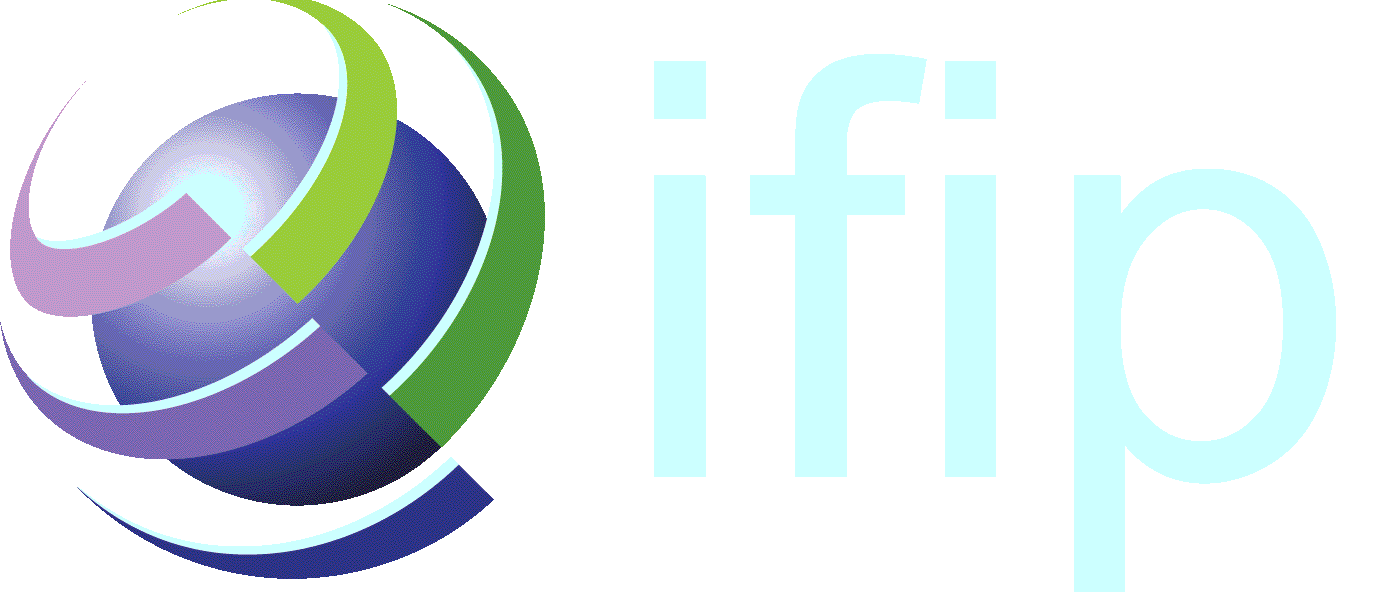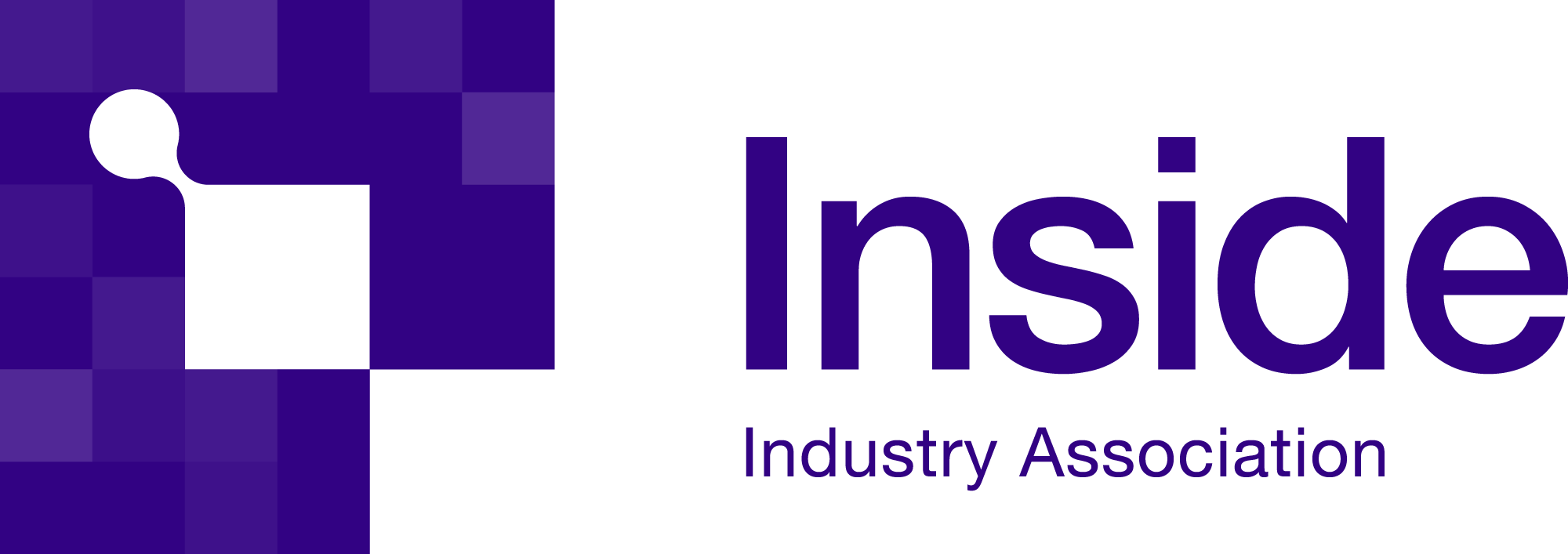













Submission deadline extended a final time to 9th of Feb.
Submission deadline extended to 2nd of Feb.
7th MFI5.0 Workshop accepted for NOMS 2026, submit your papers by January 19, 2026
The transition from ISA-95 to RAMI4.0/IIRA based automation for production automation in Industry 4.0 is ongoing. This includes the integration of legacy OT with emerging IT technologies. Another aspect is automation/digitalization across value networks involving a multitude of stakeholders in complex relationships. Consequently, Management for Industry 5.0 covers three thematic themes: (1) connectivity, infrastructure, and security, (2) the autonomous evolution and challenges of System of System (SoS) in cyber-physical systems (CPS), and (3) human in the loop.
Recent advancements in communication technology, especially wireless, are transforming the industrial landscape. This necessitates the integration of wireless LAN, PAN and cellular technology, specifically 5G/6G, into both OT and IT communications, offering greater flexibility and challenging traditional industrial communication and security paradigms. This shift extends beyond industry 5.0, benefiting fields like agriculture and logistics. Key requirements such as privacy, dependability, and trustworthiness drive service- and data-driven automation in various production domains.
The future will bring large System of Systems (SoS) involving IoT, AI, Analytics, Big data, and legacy technology, distributed among multiple stakeholders. The success of these production systems hinges on incorporating human actors and addressing challenges like trust in autonomous systems, human-robot collaboration, competence development, and knowledge management. This encompasses explainable AI in production and workplace integrated learning in smart factories.
While architectures like RAMI4.0 and IIRA have been proposed, they are still in their early stages. Implementation platforms and frameworks are also in their infancy, particularly in managing complex automation and digitalization solutions across all levels of abstraction. These architectures and technologies will be instrumental in autonomically controlling digitalized production infrastructures, requiring trustworthy and reliable data. Trust in industrial AI varies among stakeholders, impacting management and organizational aspects. Technology and organizational adaptation are critical, potentially leading to organizational reconfiguration.
|
|
Authors are invited to submit original contributions written in English that have not been published or submitted for publication elsewhere. Technical papers must be formatted using the IEEE 2-column format and not exceed 6 pages (including references), papers exceeding the limit will be rejected. We also appreciate position papers (4 pages, including references). All papers should be submitted through JEMS
Honorary Chair: Jerker Delsing, Lulea University of Technology, Lulea Sweden
Organizing Chair: Markus Tauber, Researchstudio Austria FG, , Austria
Technical Program Chair: Hans-Peter Bernhard, Silicon Austria Labs and JKU Linz, Austria
TPC:
Robert Harrison, Warwick University, UK
Martin Wollschlaeger, TU Dresden, Germany
Juergen Jasperneite, IOSB-INA and Technische Hochschule Ostwestfalen-Lippe, Germany
Matthias Hemmje, FernUniversität in Hagen, Germany
Nicholas Race, Lancaster University, UK
Venkatesha Prasad, TU Delft, NL
Dimitrios Serpanos, Patras University, GR
Valerio Frascolla, Intel, DE
Pal Varga, Budapest University of Technology and Economics, HU
Kaspars Ozols, Institute of Electronics and Computer Science, LV
Vahid Salehi, Hochschule München, Germany
markus.tauber@researchstudio.at, hans-peter.bernhard@silicon-austria.com